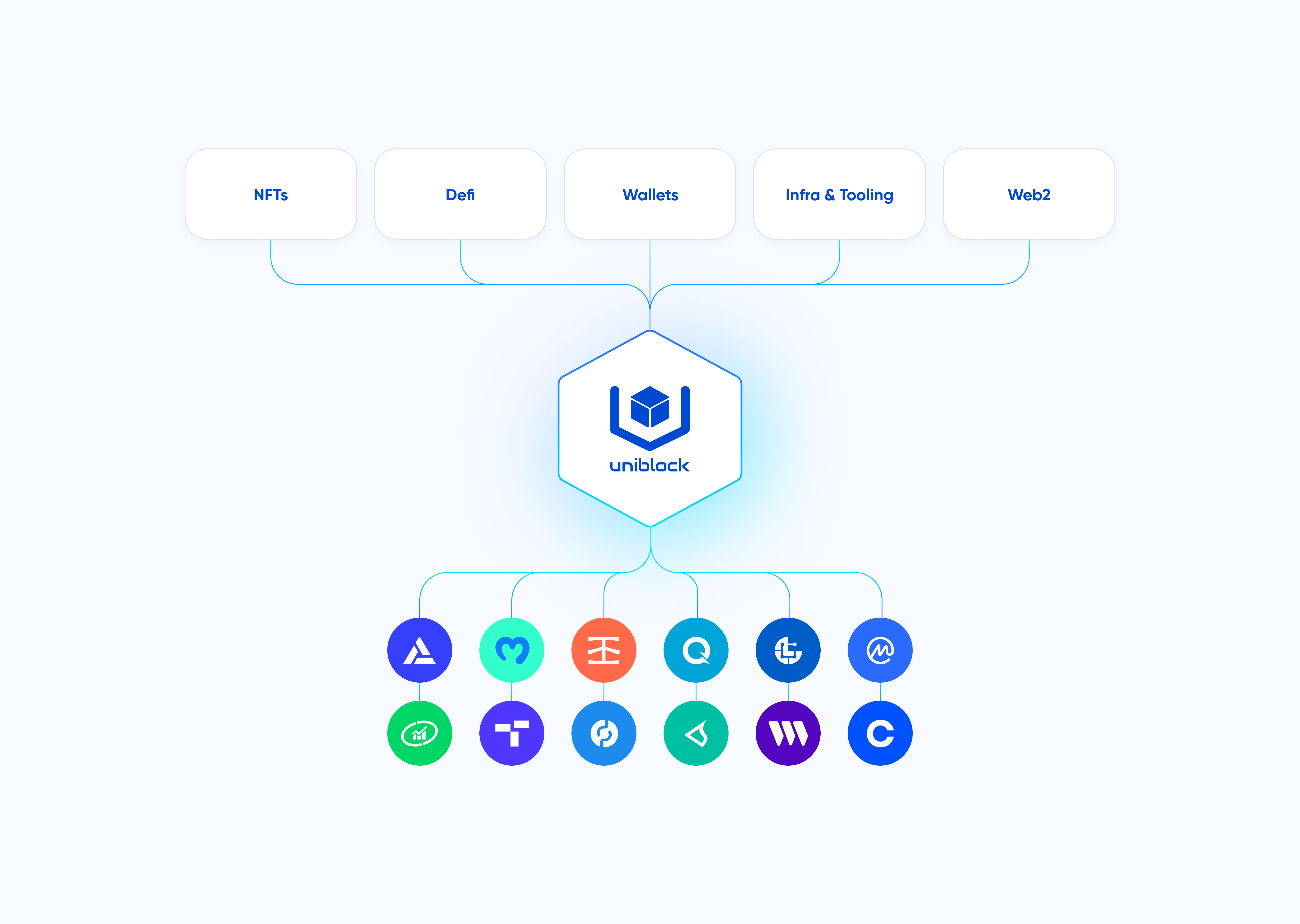Data Consensus
Cross-verifying responses from multiple providers.
Data Consensus is a feature that enhances data reliability by verifying the information received from one provider against responses from others. This process is crucial for applications where data accuracy is paramount, as it ensures that the information you use or present is not only accurate but also consistent across multiple sources. By implementing a consensus mechanism, you can filter out anomalies, reduce the likelihood of erroneous data impacting your operations, and tailor the information to meet your specific needs.
Key Benefits
- Enhanced Accuracy: Significantly increases the reliability of the data by cross-verifying it with multiple providers, ensuring that only verified information is utilized.
- Customized Data Curation: Allows for the precise tailoring of information, ensuring that the data you receive and utilize is exactly what you need for your operations or analysis.
- Reduced Error Impact: Minimizes the risk and impact of incorrect data by filtering out discrepancies through a consensus-based approach, leading to more informed decision-making.
Example
Imagine you're developing a financial application that requires real-time market data. By using Data Consensus, when your application requests the current price of a specific token, it doesn't rely on a single data provider. Instead, the system gathers prices from multiple financial data providers and verifies this information. If one provider's data significantly deviates from the others, the system can either exclude that outlier or alert you to the discrepancy before finalizing the data set. This ensures that the token prices your application displays or uses for trading decisions are accurate, reflecting a consensus from several trusted sources, thus significantly reducing the risk of decisions based on faulty data.

Data Consensus Image Example
Updated over 1 year ago